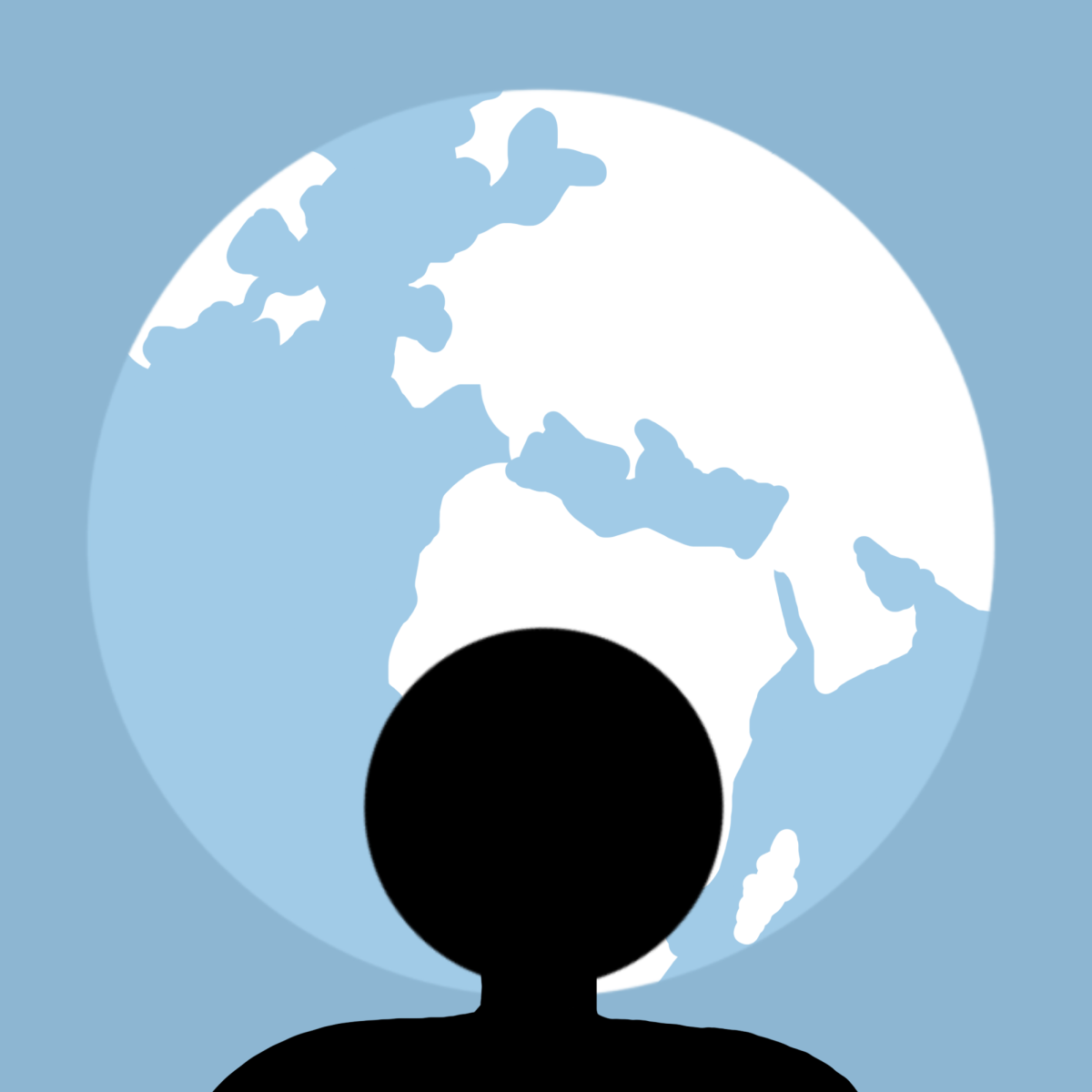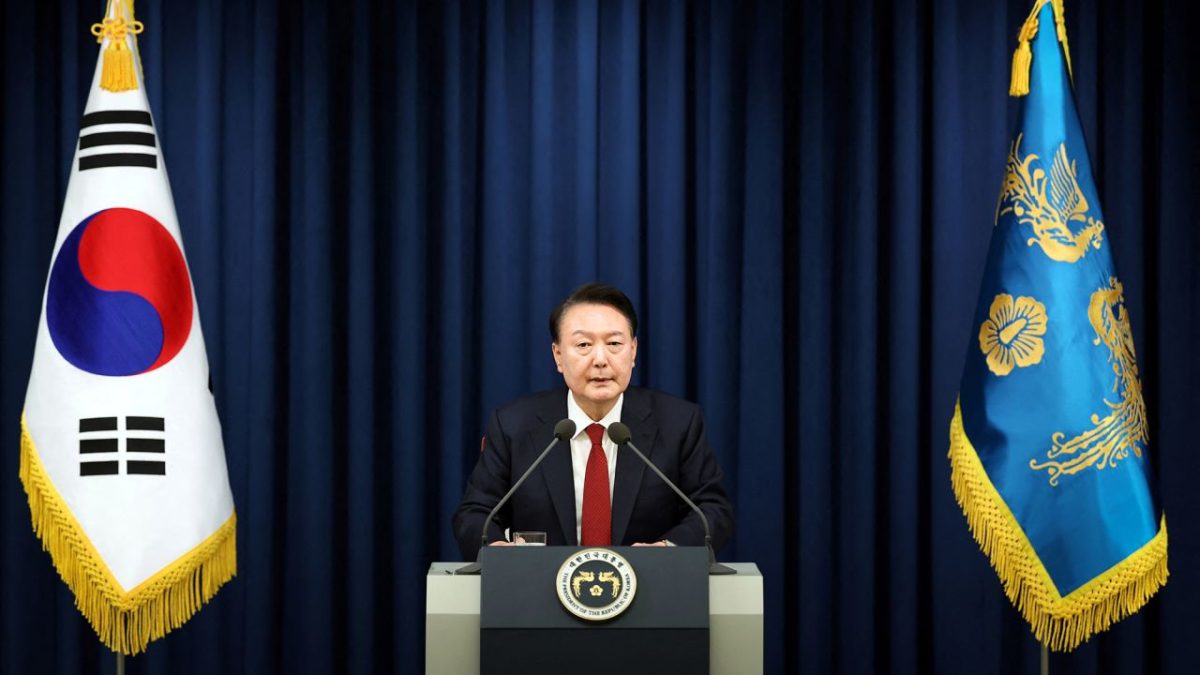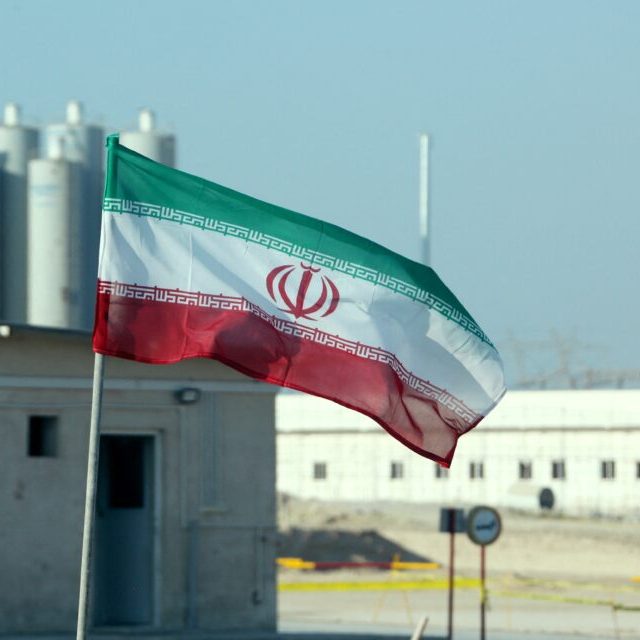In a world increasingly divided by conflict, the human cost of war often fades into the background of headlines and political debates. And in light of the harrowing facts and statistics that follow, we are reminded that behind every statistic lies a human—a life deserving of compassion.
On September 16, 2024, Israel killed Yahya Sinwar, the leader of Hamas. Many thought this would mark the end of the violence, after more than a year of death and destruction in Palestine. It has not. According to ABC News, more than 41,000 people have been killed in Gaza in the past year, and at least 10,000 more could be buried under the rubble. 1.9 million people, UNICEF estimates, “…have been internally displaced. Half of them children.” And just Wednesday, October 30th, BBC News reported that Kamal Adwan Hospital in Beit Lahia, which has two doctors and limited nurses, “…received the bodies of more than 25 people killed in the strike [Israel’s strike that Tuesday] and that another 77 were trapped under the rubble.” Babies and children and pregnant women in Gaza are starving and freezing as we speak. Every day, we see more videos coming out of Gaza showing dead or hurt children. It is extremely important to not become desensitized after seeing so many photos or videos of the gruesome violence and people suffering in Gaza on social media. Civilians, Women, children, and elderly people have been killed and will continue to be killed in Palestine unless we bring attention to these horrific actions as soon as possible, so please stay informed because even though this conflict is thousands of miles away from us, it’s American tax dollars which go towards this violence.
The Democratic Republic of Congo (DRC) is experiencing one of the world’s most severe humanitarian crises. This conflict started in the late 1990s, after a war in Rwanda spilled over and created political unrest and violence among many armed groups in the DRC, but its roots can be traced back to 1885, when Leopold II of Belgium took over and enslaved the entire population of Congo, leading to the death of millions. According to CNBC, “67% of the world’s tantalum comes from the DRC…” Tantalum is an element found in our phones, airplanes, and more. The mining conditions for these sought-after ores are dangerous as well. CNBC interviewed Nicolas Kyalangalilwa, a pastor and civil society leader from Bukavu, Eastern DRC. He said, “…in the past four or five years, every year we’ve had people being buried underground.” Although learning about these working conditions and political unrest would make you feel conflicted about purchasing electronics, many Congolese rely on mining for their livelihoods. A boycott could harm mining operations that provide income for local communities without disrupting armed groups’ activities. Instead, we should recycle electronics, raise awareness, and support ethical practices by buying from companies that source their minerals responsibly through initiatives like the Conflict-Free Smelter Program.
According to Rescue.org, Sudan is currently experiencing the worst displacement crisis in the world and one of the world’s worst hunger crises. On April 15, 2023, conflict broke out between the Sudanese Armed Forces (SAF) and Rapid Support Forces (RSF), ending several years of cooperation between them. But even before April 2023, many Sudanese were already displaced due to insecurity which continued after the Anyanya Rebellion and the Second Sudanese Civil War. Shortly after, in June 2023, the RSF killed at least 1,100 people in the city of Geneina in West Darfur, based on their non-Arab ethnicity. The UN Special Advisor on the Prevention of Genocide, Alice Nderitu, warned that if the violence continues “it can develop into renewed campaigns of rape, murder, and ethnic cleansing.” As of October 2024, more than 11 million people were forced out of their homes, and as the conflict spreads, meaning humanitarian access has an extremely difficult time reaching vulnerable communities. The IPC has concluded that right now, 755,000 people across 10 different states in Sudan are experiencing catastrophic levels of hunger and face an impending risk of starvation. For this crisis, we can help by donating to support the IRC’s work in Sudan and if donating is not an option, you can still help by simply raising awareness by talking about these crises and not treating them as taboo topics!








